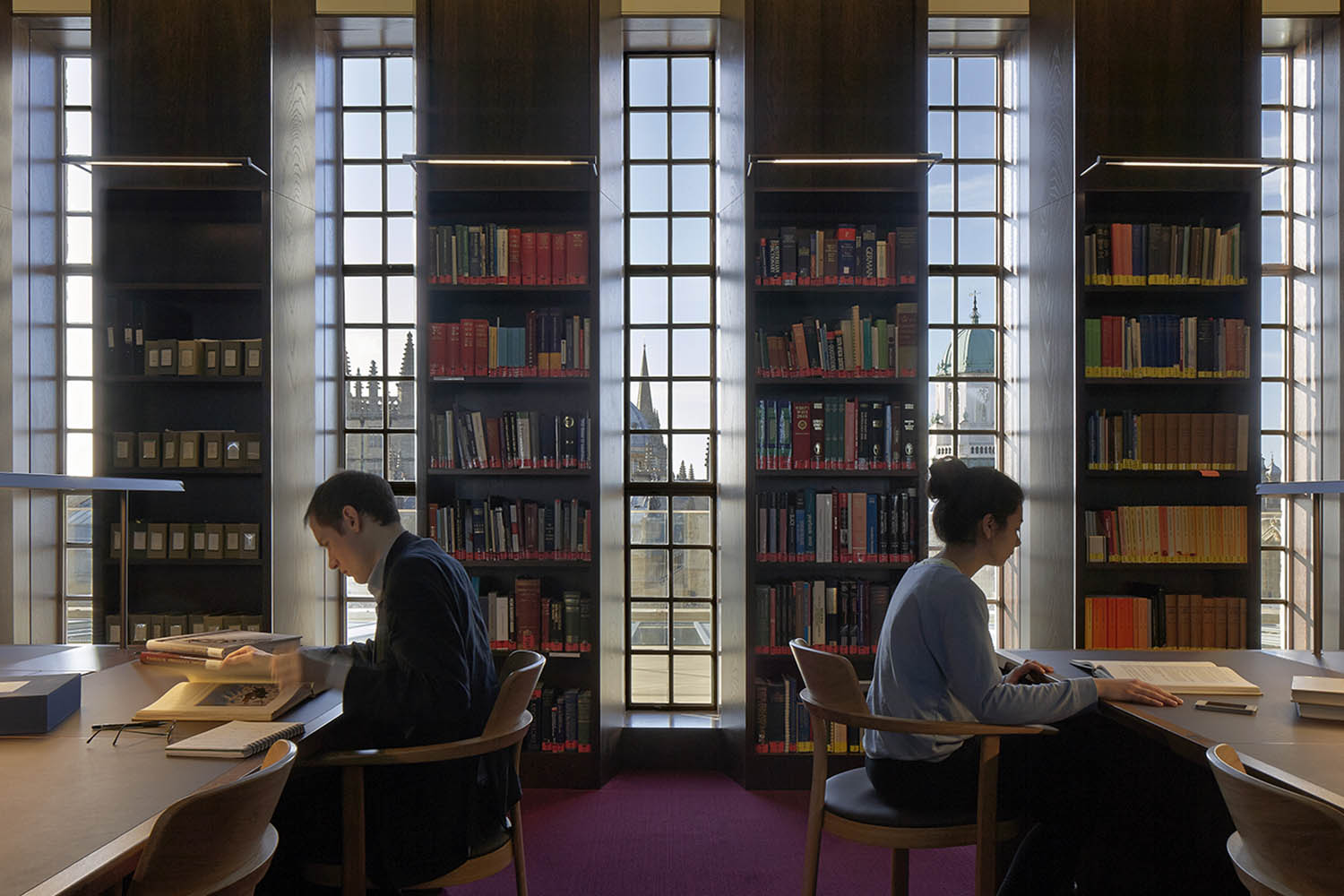
AI thrives where education has been devalued | The Observer
In 1940, the translator and educator AJ Jenkins organised a survey of the reading habits of working-class children. The study, mostly of students who would leave school to enter the workforce at 14, looked at what they had read outside the school curriculum in the previous month. Jenkins worried that boys, especially, read too little, and then only detective novels or adventure stories. Yet from the perspective of the 21st century, what stands out is the depth of their reading of classic works.
Among the books the children had read in the previous month were The Pilgrimâs Progress, Gulliverâs Travels, Jane Eyre, The Pickwick Papers and The Mill on the Floss. Boys had managed four to six books, girls one or two more than that.
It is a list, and an appetite for reading, that might challenge many today. Surveys suggest that both children and adults read less than they used to, and find less enjoyment doing so. Even university students seem to struggle. The Oxford professor Jonathan Bate claimed last year that where once students could read three books a week, today they toil to complete one in three weeks. Others have suggested that students find it difficult to read whole books â a perception that is echoed on the other side of the Atlantic, too.
Turning universities into businesses has driven many to the brink of bankruptcy
Such claims are often contested, and there is sometimes a whiff of a moral panic. Nevertheless, the contrast with reading habits of a century ago â particularly among workers â is again striking.
âI sat there on my toolbox, half a mile from the surface,â wrote the Nottinghamshire miner GAW Tomlinson in his autobiography Coal-Miner, âone mile from the nearest church, and seemingly hundreds of miles from God, reading The Canterbury Tales, Lambâs Essays, Darwinâs Origin of Species, Wildeâs The Ballad of Reading Gaol, or anything I could manage to get hold of.â
Once, he was so absorbed in Oliver Goldsmithâs poem The Deserted Village that he allowed tubs full of coal to crash into empties.
Tomlinson was not alone in his obsession with learning. In his classic The Intellectual Life of the British Working Classes, Jonathan Rose unearths the hidden histories of workers from Lanarkshire to south Wales, and their battles to educate themselves, to create their own libraries and colleges and to enter a cultural world denied to them by the fractures of class and schooling.
The pleasure of knowledge transformed, in the words of Cynon Valley miner Robert Morgan, who later became a poet and printmaker, âcolliers doing menial and dangerous jobs in the bowels of the earthâ into âprivileged human beings exposed to something extraordinaryâ.
That working-class tradition, and the sense of the preciousness of learning that it embodied, may have eroded, but understanding it helps illuminate not just the past but the present, too.
Consider, for instance, the current debate about the impact of AI on habits of reading and thinking. Most university students now use generative AI models, such as ChatGPT, mainly for research. There is, though, increasing concern about the opportunities to cheat â for students to pass off AI-generated text as their own in assignments and essays. Many people worry, too, about the impact on human cognitive skills and on our aptitude for creativity and critical thinking.
As with all powerful new tools, AI has the capacity to both enhance and degrade our lives. It is important for university authorities to think about how to preserve academic integrity, and to rethink how students could be examined. In much of the debate, though, the problem is viewed through the wrong end of the telescope. It is less that AI is the cause of degradation in reading and thinking, and more that the creation of a culture that views knowledge primarily in an instrumental manner has made it easier to misuse AI.
In 1963, the Robbins report into British higher education argued for expansion of universities on the grounds that learning was a good in itself. âThe search for truthâ, the report insisted, âis an essential function of the institutions of higher educationâ.
If knowledge is merely a commodity, why not cheat to bypass the need to think?
Half a century later came the Browne report on the funding of higher education, published in 2010. Its tone was very different. âHigher education matters,â it insisted, because it allows students to gain âhigher wages and better job satisfactionâ, making it âeasier to move from one job to the nextâ, and helping to âproduce economic growthâ.
The core message, the historian and critic Stefan Collini observed, was that âwe should no longer think of higher education as the provision of a public goodâ but rather as a âregulated market in which consumer demand, in the form of student choice, is sovereign.â
Turning universities into businesses has driven many to the edge of bankruptcy and led them to cut subjects deemed insufficiently âcommercialâ, including history, music, classics and literature.
Given all this, is it surprising that many look upon AI as a tool not to aid thinking but to replace it? After all, if knowledge is merely a commodity, the purchasing of which allows one to pass an exam or land a job, why should it matter if we cheat or use AI to bypass the need to think?
Until we recognise that the debate about AI is not just about what machines can do but also about how humans should value education and knowledge, it will remain mired in confusion. That is why the stories of people such as Tomlinson and Morgan, and their recognition of the human value of knowledge, remain significant today.
Photograph: James Brittain/View Pictures/Universal Images Group via Getty Images
